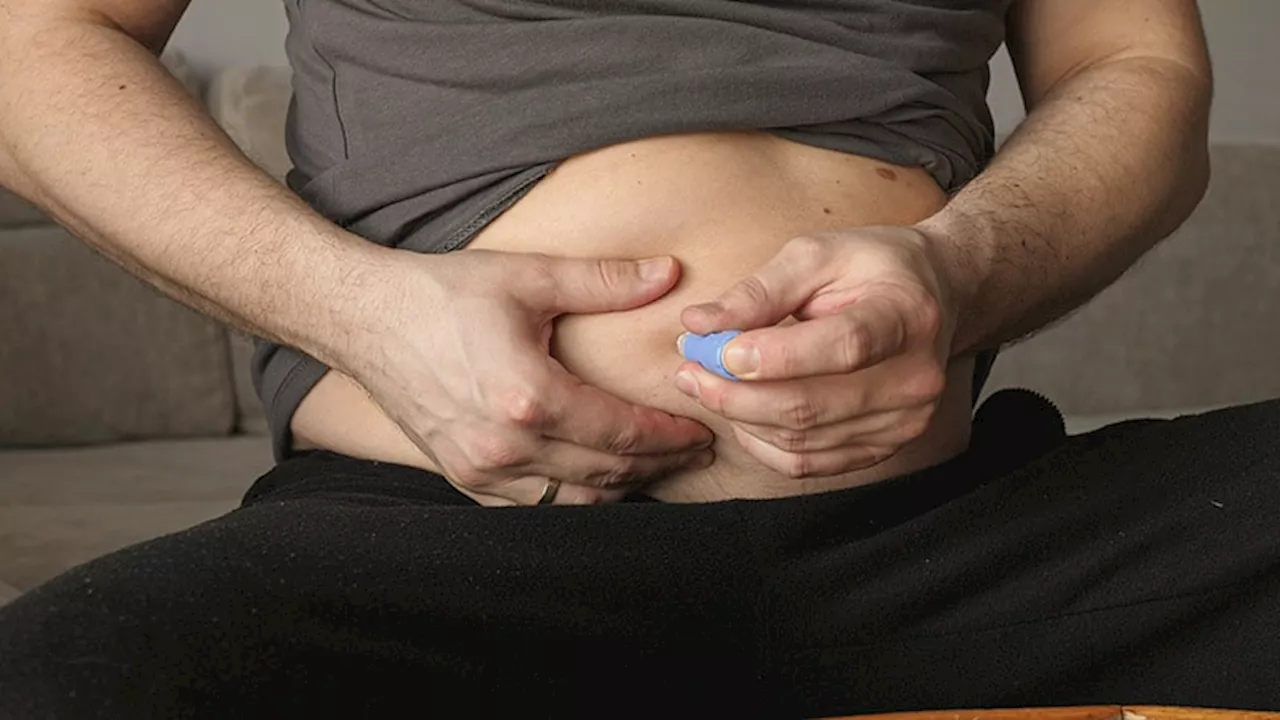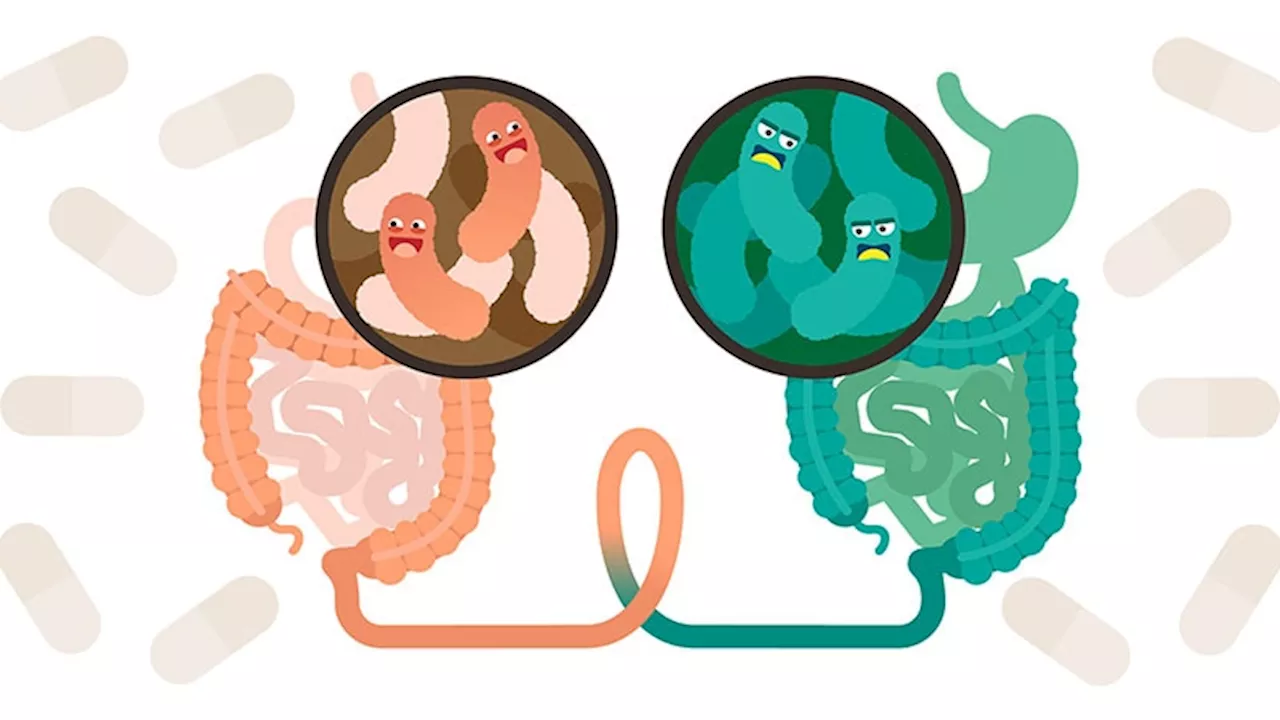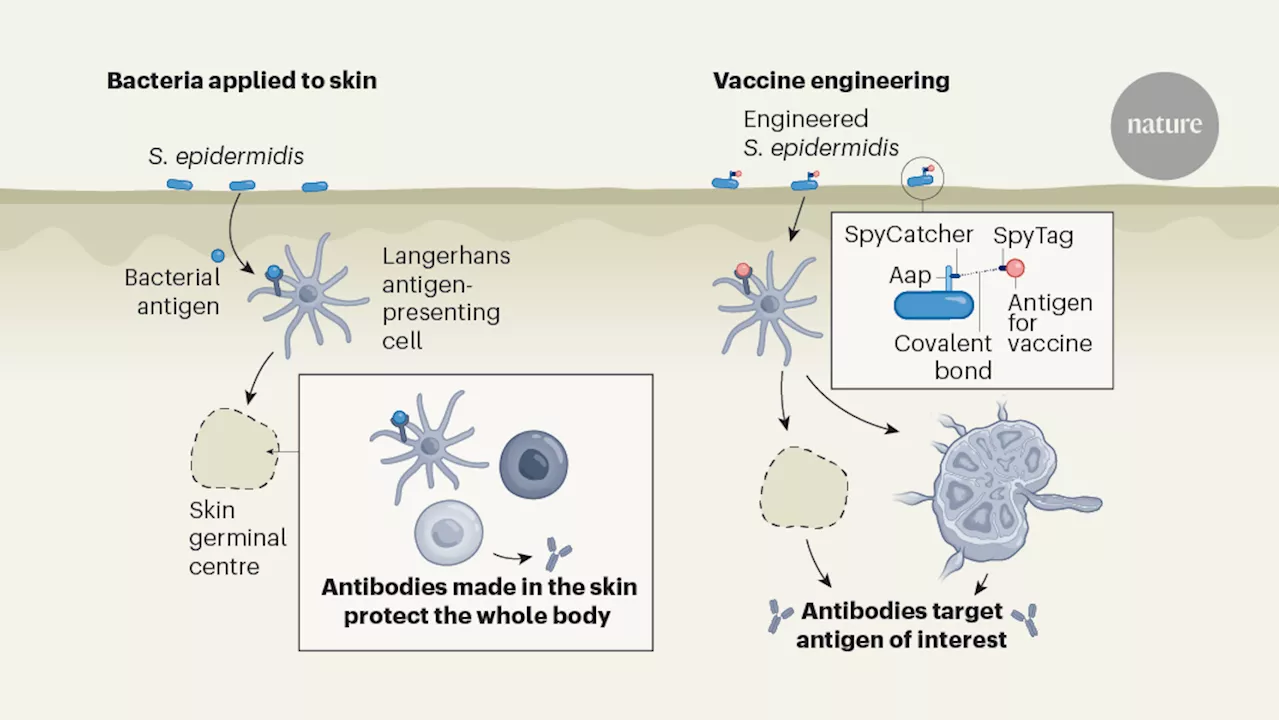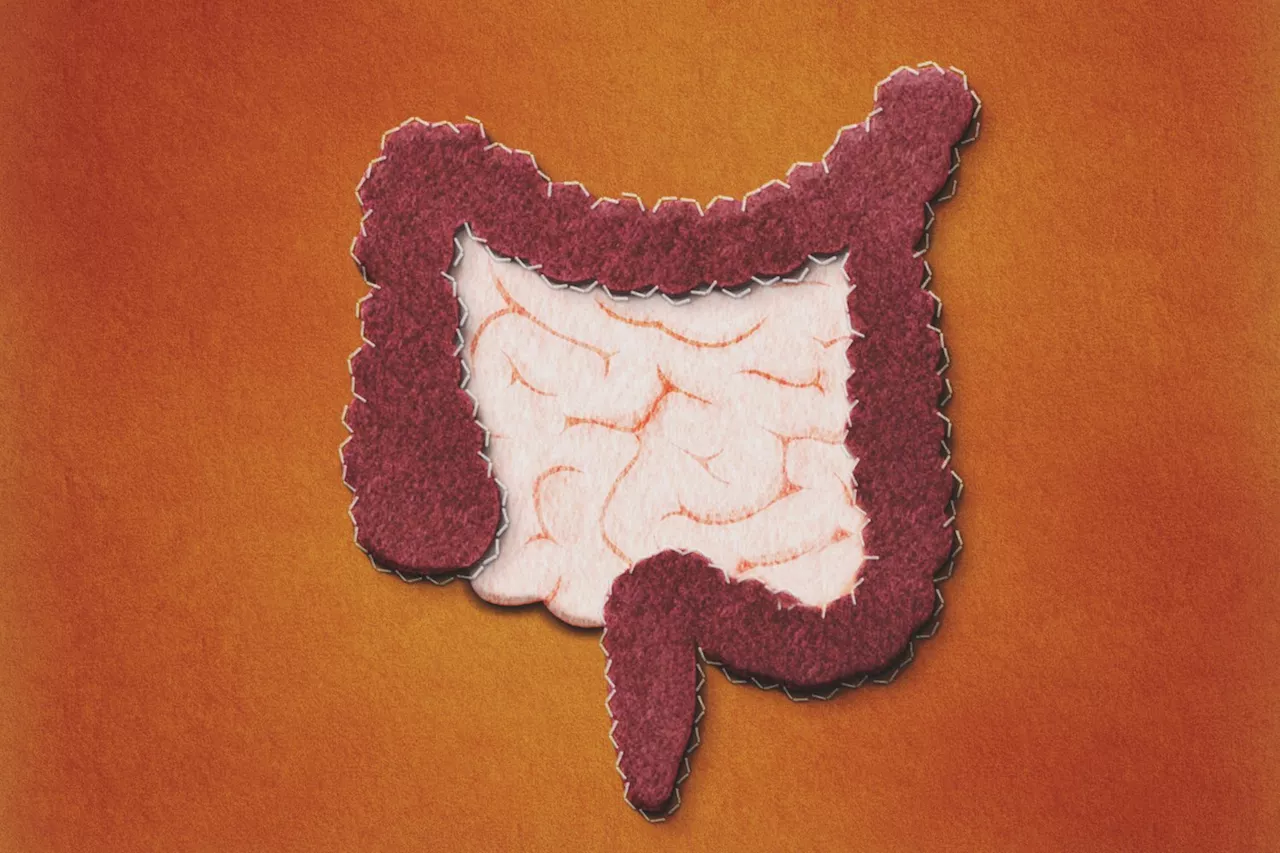A new study suggests that fecal microbiota transplantation (FMT) can alleviate gastrointestinal problems in people with type 1 diabetes. Researchers at Aarhus University Hospital in Denmark found that FMT significantly reduced gastrointestinal symptoms in participants compared to a placebo group, with no major complications.
A little donated poop may go a long way for people with type 1 diabetes. New research published this week suggests that fecal microbiota transplantation can help alleviate gastrointestinal issues in people with the chronic condition.
For their trial, the researchers recruited 20 people living with type 1 diabetes who had moderate to severe gastrointestinal problems. Half the volunteers were randomized to be initially given a course of 25 pills containing donor feces, while the rest were given placebos . “Our findings suggest that FMT may represent a potential new therapeutic option that could fundamentally transform the current approach to treating bowel symptoms in patients with type 1 diabetes,” the researchers wrote in their paper,The findings are based on a small sample size, so it will take additional, larger studies to confirm FMT’s viability for people with these symptoms, which isn’t a sure-fire thing.
TYPE 1 DIABETES GASTROINTESTINAL ISSUES FECAL MICROBIOTA TRANSPLANTATION AUTOIMMUNE DISEASES MICROBIOME
United States Latest News, United States Headlines
Similar News:You can also read news stories similar to this one that we have collected from other news sources.
 FMT Shows Promise in Improving Symptoms of Diabetic GastroenteropathyA new study shows that fecal microbiota transplantation (FMT) is safe and effective in reducing gastrointestinal symptoms and improving quality of life for patients with type 1 diabetes and severe gastroenteropathy.
FMT Shows Promise in Improving Symptoms of Diabetic GastroenteropathyA new study shows that fecal microbiota transplantation (FMT) is safe and effective in reducing gastrointestinal symptoms and improving quality of life for patients with type 1 diabetes and severe gastroenteropathy.
Read more »
 ‘New Hope’ for Alcohol Use Disorder TreatmentGLP-1 receptor agonists and fecal microbiota transplants advance as treatments in clinical trials.
‘New Hope’ for Alcohol Use Disorder TreatmentGLP-1 receptor agonists and fecal microbiota transplants advance as treatments in clinical trials.
Read more »
 Easy Access to Conventional FMT Continues — for NowOpenBiome, which provides fecal microbiota transplantation material for US patients with severe/fulminant C difficile infection, will continue distribution until December 31.
Easy Access to Conventional FMT Continues — for NowOpenBiome, which provides fecal microbiota transplantation material for US patients with severe/fulminant C difficile infection, will continue distribution until December 31.
Read more »
 Neural Stem Cell Transplantation Shows Promise for Treating Chronic Spinal Cord InjuriesNew research on mice and rats suggests that transplanting neural stem cells combined with intensive physical therapy could lead to significant improvements in treating chronic spinal cord injuries.
Neural Stem Cell Transplantation Shows Promise for Treating Chronic Spinal Cord InjuriesNew research on mice and rats suggests that transplanting neural stem cells combined with intensive physical therapy could lead to significant improvements in treating chronic spinal cord injuries.
Read more »
 Skin Autonomous Antibody Production Regulates Host-Microbiota InteractionsThis article explores the role of skin-specific immune sites in antibody production and their impact on the balance between commensal bacteria and disease-causing agents.
Skin Autonomous Antibody Production Regulates Host-Microbiota InteractionsThis article explores the role of skin-specific immune sites in antibody production and their impact on the balance between commensal bacteria and disease-causing agents.
Read more »
 Insights into the metabolism of the gut microbiotaResearchers identified a protein and a group of small ribonucleic acids (sRNAs) in Bacteroides thetaiotaomicron, which regulate sugar metabolism. These discoveries shed light on how this gut microbe adapts to varying nutritional conditions.
Insights into the metabolism of the gut microbiotaResearchers identified a protein and a group of small ribonucleic acids (sRNAs) in Bacteroides thetaiotaomicron, which regulate sugar metabolism. These discoveries shed light on how this gut microbe adapts to varying nutritional conditions.
Read more »
